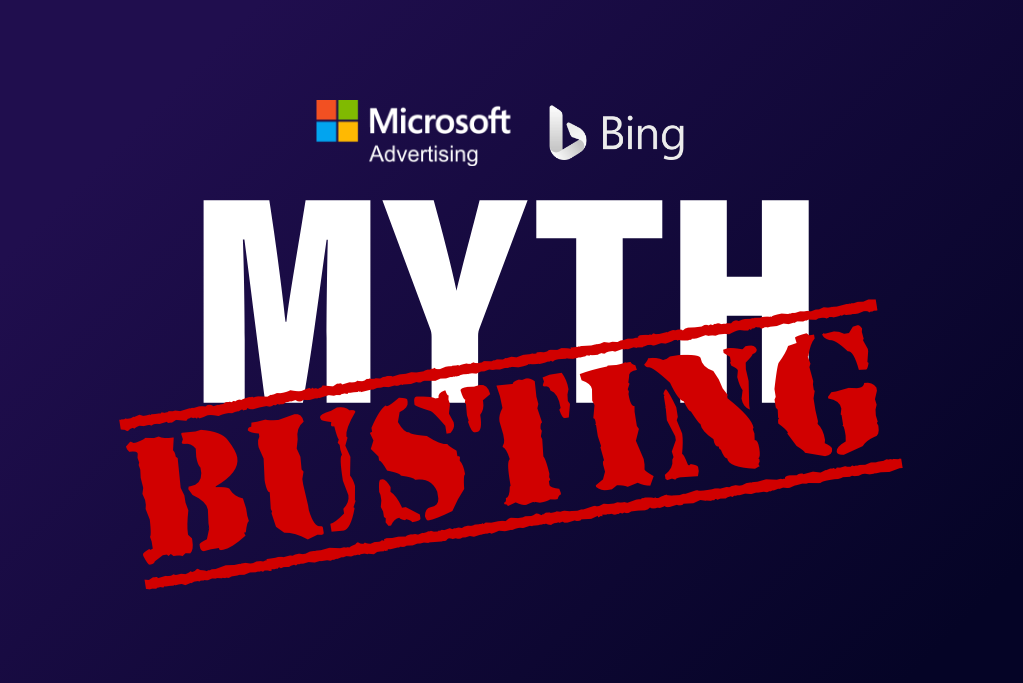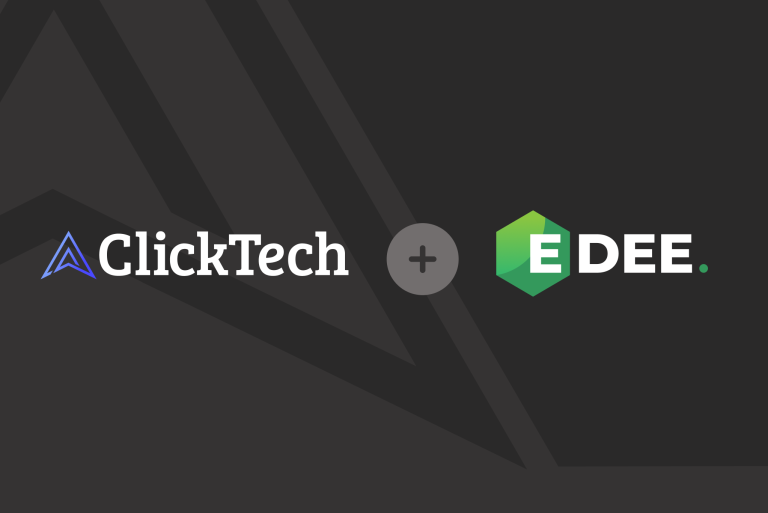Whether you consider ‘Bing’ to be your favourite search engine or just the surname of a Friends character, you’ve likely heard many references and opinions regarding Bing in comparison to other search engines in the market. Despite their 2019 partnership with Yahoo!, a 2020 rebrand, and of course most recently the development of ChatGPT, there are still some enduring Microsoft myths out there which are woefully out of date, if not entirely baseless.
Such echoes of the past perpetuate advertisers uttering sentences such as ‘we’re not on Microsoft Ads because we don’t have any money left over’. Sorry, ‘left over’ from what? That’s like going on a shopping spree and spending all of your money in the first shop you enter (which we all know is the worst because then you’ll see a load of stuff you want from other shops and now cannot afford).
Any marketer worth their salt (or other seasoning of your choosing) will manage their investment dynamically; shifting increments of budget around different platforms, channels, and audiences to get the best overall performance. In order to adopt this best practice approach, you’ll first need to ensure you’re set up on the relevant platforms so you can begin gathering performance data against which to optimise your budget allocations and subsequent strategies.
If outdated and unfounded proclamations are holding you back from reaching a whole new audience of potential customers then you may wish to read on…
‘No one uses Bing’
I don’t know about you, but I’m of the opinion that 900 million is a pretty large number – that’s how many daily searches Bing receives. It’s also worth bearing in mind that Bing Ads serves your creatives on Bing, AOL, and Yahoo!, so it’s actually a triple whammy on the search engine front. If you’re a fan of yelling at plastic tubes around your home (AKA the Amazon Echo) then you may also be surprised to hear you’ve been using Bing this whole time, given Alexa’s answers originate from Microsoft’s very own search engine. In 2013 Apple famously declared Bing it’s favoured search engine, with Siri integrations for iOS 7 and higher. If you’d rather not listen to tech giants such as Amazon and Apple then that’s your lookout but personally I’m going to consider them to be fairly well informed…
‘Bing users are older so it’s not great for reaching younger audiences’
This claim is a bit of a hangover from the days when smartphones were still a relatively new concept (for context, Bing was launched two years after the first iPhone was released) and digital user behaviour was very different. With the proliferation of tech amongst all age groups, search engine user demographics have shifted significantly since the birth of the ‘older people keep their default search engine’ trope (particularly in light of Internet Explorer being deprecated in 2015). In actual fact, 47% of today’s Bing users are between the ages of 18 and 44. This should please the most diligent of audience-profiling marketers as much as it pleases those who arbitrarily decide that ‘18-34s’ are their target audience without any reasoning or research (I see you).
‘Bing is missing functionality that exists in other engines’
Yes, in the same way Adidas trainers are missing the Nike tick, or my car is missing feathers. Comparison is known to be ‘the thief of joy’ but in this instance it might be the thief of a high proportion of your business revenues. Here are just a few examples of ‘Bing-only’ features that have likely been tactically ignored by the neigh-sayers you may have encountered:
- Loads of industry-specific format pilots
- Ad group level settings
- The ability to view your ads quality score for campaign, ad group, and keyword
- DMP integrations
- Visual ad extensions such as multi-image and video
Not to mention Microsoft’s ownership of LinkedIn, allowing advertisers to build audiences from professional demographic data, such as an individual’s job title, skills, or industry. Better still, this information is user-provided, so no need to rely on spurious mystery audience segments.
In summary, I reckon a search engine built and run by the world’s largest software company is a fairly safe bet, whether you’re keen on ad-group level geekery or not.




